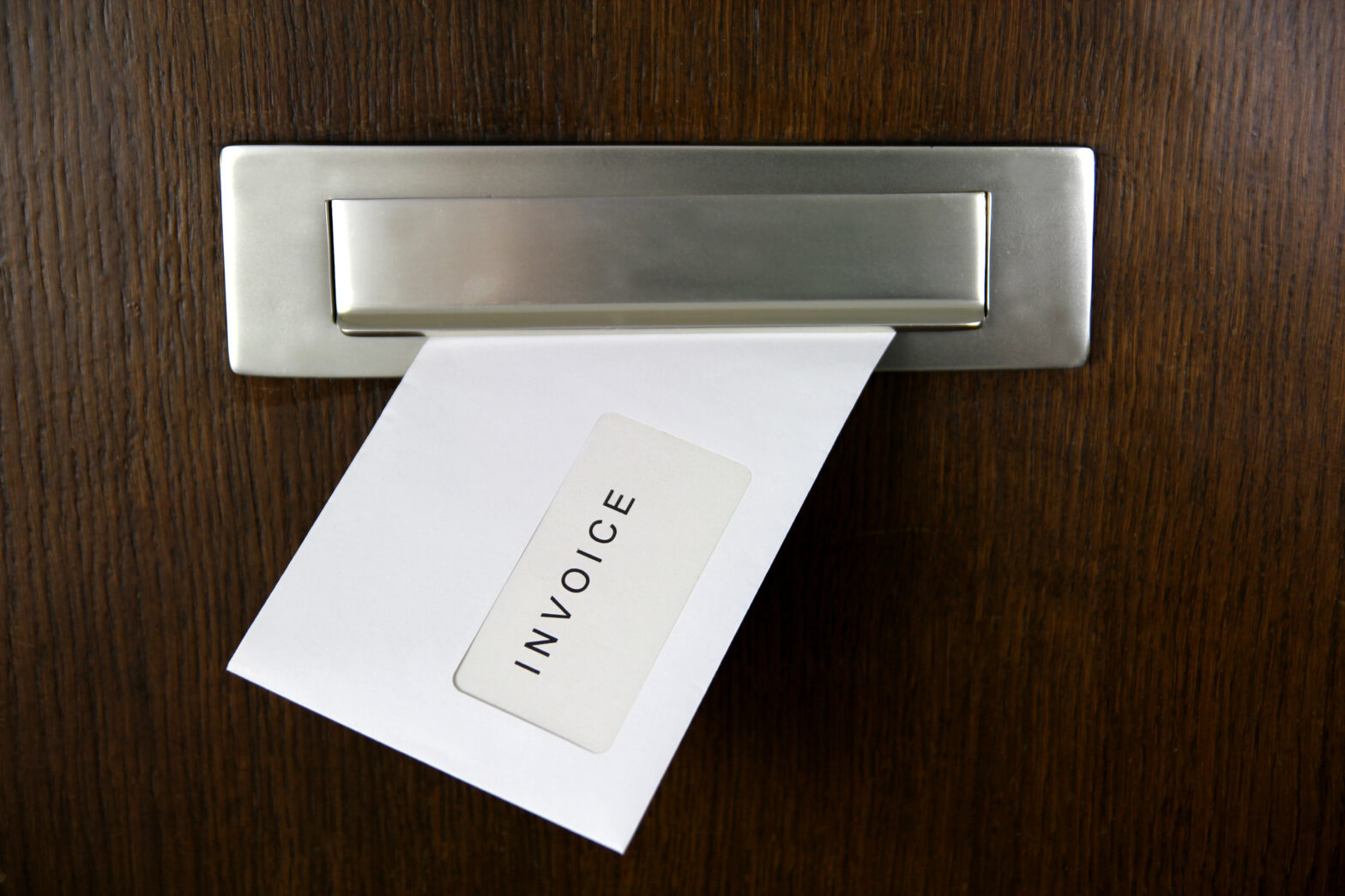In the wake of government plans for a small business commissioner to help companies tackle the issue of late payment, Emily Coltman gives some tips on getting the money in on time.
When you’re running a small business it’s important to get paid quickly, but securing the cash you’re owed can also be incredibly difficult. Sometimes clients forget to pay on time, or even flat-out refuse to pay, and it can be very stressful to chase them up and ask them to settle their bills.
A recent survey carried out by YouGov on behalf of FreeAgent discovered that just 12 per cent of micro-business owners say they have never been paid late by their clients. In contrast, when looking solely at businesses that issue invoices, more than half of them (53 per cent) say they have had to wait more than two months to get paid by a client, while around one in seven (15 per cent) said they have had to wait more than a year for payment.
Related: Seven tips for getting paid promptly as a small business owner
So what, if anything, can you do to ensure you’re paid quickly for the work you do?
Set a contract before you start working
Without an official document that shows the work you’ve agreed to do, how and when you’re going to get paid and what happens in the case of disagreements, it’s easy for a client to form their own assumptions about payment, and even dispute what was agreed later on. So in order to prevent any misunderstanding down the line, it’s a good idea to write a contract and agree it with your client before you do any work for them.
Don’t simply settle for a verbal agreement, even if you’re friendly with your client. You may be worried about looking too officious by bombarding a client with legal paperwork, but remember that your business needs healthy cash flow to survive. By setting expectations in advance, your client knows exactly when they will be expected to pay, and they’ll be more likely to approach you to ask for an extension if they need extra time, rather than just assuming it will be OK to pay you late.
Ask for a deposit upfront
Taking on a project for a new client can often be a gamble, especially if they’re someone you’ve never worked with before. So to minimise the chance of them disputing your invoice or not paying up at all, you may want to ask for some money upfront before you start any work for them.
Taking a deposit (ie part of the payment upfront) can be a great way to establish trust with clients, as it shows you’re running a professional business that wants to safeguard its interests, but it’s also a good strategy for reducing the risks associated with taking on new work. Your client may be more inclined to see the project through to the end and settle their bill, as they’ve already made a partial payment for the work, and even if they decide not to pay up the rest of what they owe, you’ll still have some return for what you’ve done.
Alternatively, you may want to consider taking the deposit further, by asking for the majority (or even all) of the payment up-front. This may be especially appealing if you’re working with international clients, as calling or visiting them to chase late payments can be expensive and any legal judgements made in your favour in the UK may not be enforceable in their country.
Send your invoice quickly
If you want your clients to view paying you as a high priority, then it’s a good idea to show the same urgency when it comes to actually sending your invoice. After all, if it takes you weeks, or even months, to ask them for payment, it’s possible that they’ll take a similar amount of time to give you the money they owe.
Take advantage of the psychological effect of recency by sending your invoice straight away as soon as your project is completed so it’ll be fresh in the mind of your client. They’ll know exactly what the invoice is for and, hopefully, be more inclined to pay you. Wait too long and there’s a chance they’ll not immediately remember what work you completed, and will prioritise other invoices that they see as more important.
Use penalty clauses
If you don’t think your clients will respond to a reward for paying you early, perhaps you’ll find it more beneficial to implement penalties for late payment instead. For example, you could introduce a flat fee that activates the moment your payment deadline passes and which you add to their next invoice reminder.
Alternatively, you may want to charge interest on the amount that is overdue and add this monthly (or even weekly) to their bill. Just remember to fully explain these conditions and make them clear from the outset, so your client can have no arguments when you impose them. And be flexible: if your client has a genuine reason for paying late it’s better to come to an agreement with them rather than just piling on extra charges.
Emily Coltman is chief accountant at FreeAgent.





